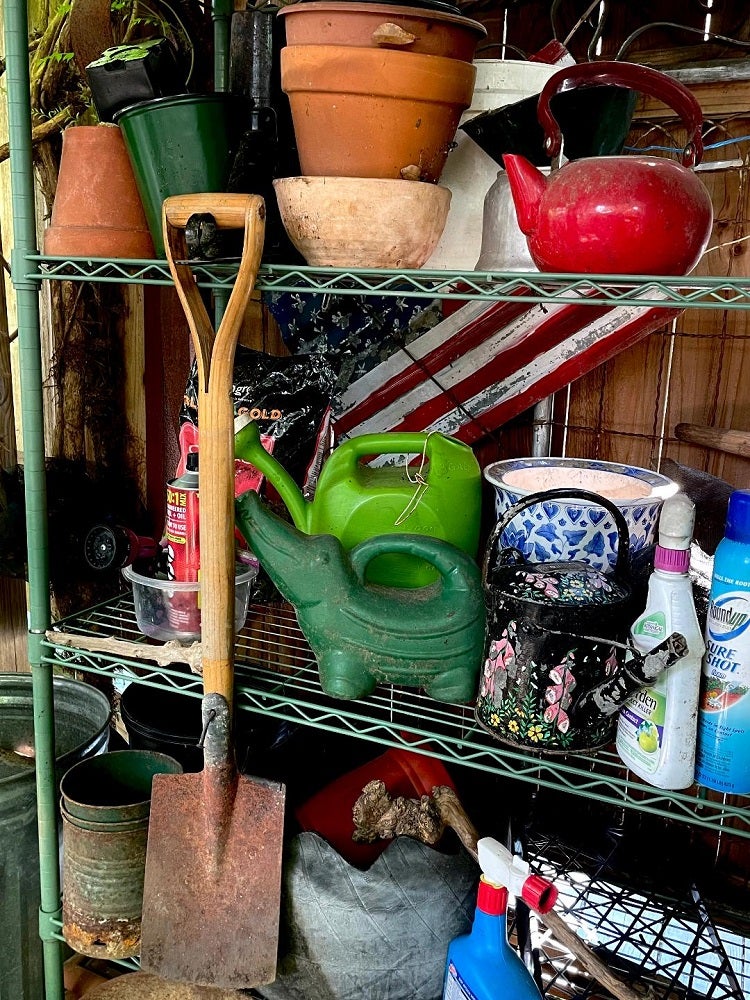Working through your frustrations constructively
Published 7:00 am Wednesday, July 8, 2015
During my tenure as a preschool teacher, the summer months provided a wonderful opportunity to spend more time playing with the children, rather than the more structured lesson plans implemented during the school year.
Every Friday was “Water Day,” where the children ran through the sprinklers or slid on the water slide. It was their favorite time of year.
Another staple of summer for the children was popsicles.
Just in my classroom alone, I believe we would empty out about ten 100-count boxes of popsicles each summer.
While the children were always anxious to receive their cool treat, there was always one or two that whined because they didn’t get the color they wanted.
My assistant teacher said it best, “You get what you get and you don’t throw a fit.”
However, popsicle time was not the only time my fellow teachers and I endured whining.
As time went on, I got used to it and learned to decipher between when something was really wrong and when one of them had a valid complaint.
Little did I know, that my employment as a preschool teacher would prepare me for dealing with whiny adults.
In all honesty, I along with probably most people, have found myself whining from time to time. Sometimes, our frustrations are voiced in a whiny manner as well.
I decided to research the reasons why adults whine and what steps can be taken to prevent it.
“The Triangle of Truth” author Lisa Earle McLeod gives two reasons for an adult’s predisposition to whining, one is valid the other is not, she said.
The valid reason she gives is that we crave connection. Sharing our woes with another person makes you feel a little less alone in the world, McLeod said in her article.
“We want other people to feel our pain, to share in our ups and downs, and to acknowledge our efforts,” McLeod said in her article.
It’s not a bad thing, she states, comforting words from someone who cares can be great.
The invalid reason McLeod lists is that we want to be admired.
“We mistakenly believe that if others truly understood how tough we have it, they would respect and admire us,” McLeod said in her article. “Telling people how hard things are evokes pity and sympathy at best and boredom and disdain at worst. Whining is a race to the bottom that you don’t want to win.”
There are two factors to consider when sharing your troubles and flat-out whining, said McLeod in the article. They are your audience and their likely response.
McLeod also suggests asking yourself one simple question to stop whining in its tracks, “So what are you going to do about it?” This will put you into problem-solving mode, she said.
I’m sure my husband can attest to the number of times I have “whined” to him about something.
I believe it’s important to have a support system of friends in place to share your troubles. Just be sure it’s not coming off as whining, but rather a constructive conversation about how you’re going to solve the problem.



